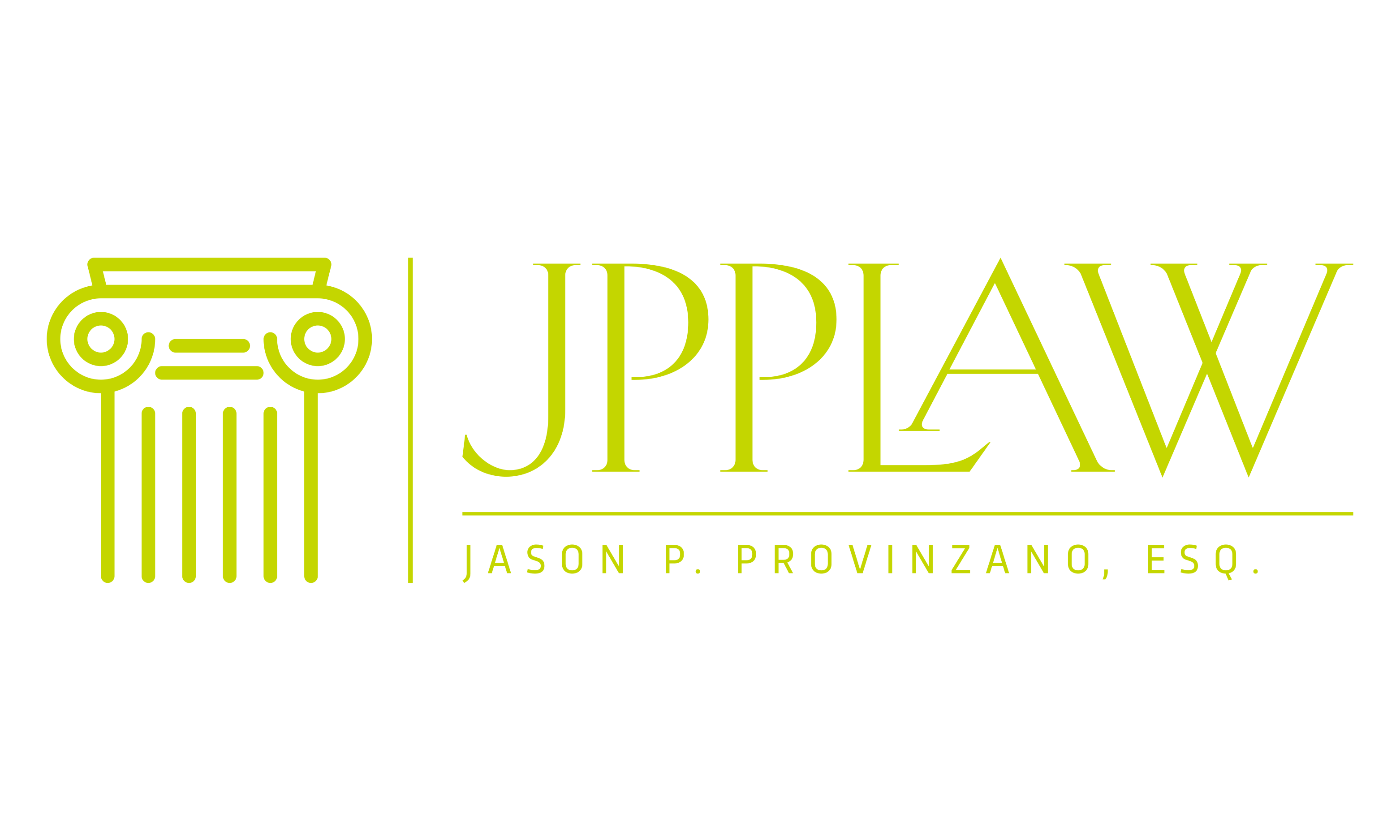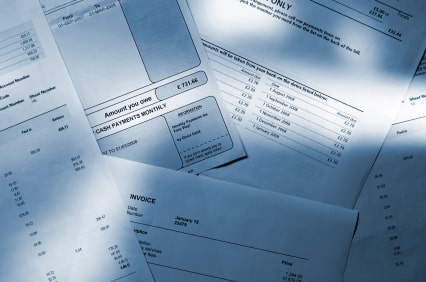WHAT IS A BANKRUPTCY DISCHARGE?
A bankruptcy discharge is a permanent order prohibiting creditors from taking any type of collection action. Specifically, debtors will not be able to file lawsuits, make telephone calls, or send you collection letters relative to discharged unsecured debt. A bankruptcy discharge will relieve you from being held personal liability for certain types of debts. In other words, you will be able to walk away from your unsecured debt.
You can choose to retain secured property such as your home or your car. You will be able to make payments directly to the bank as you had prior to the bankruptcy case filing.
WHEN DOES THE BANKRUPTCY DISCHARGE OCCUR?
Depending on the Chapter under which your case is filed, the timing of the discharge varies. In a Chapter 7, for example, the court typically grants a discharge promptly upon expiration of the time fixed for filing a complaint objecting to discharge and the time fixed for filing a motion to dismiss the case for substantial abuse, which is sixty days following the first date set for the 341 meeting. Discharge is generally granted within four to five months from the date the case is filed.
In a Chapter 13, the court generally grants the discharge after you complete all payments under the plan. Chapter 13 plans may provide for payments to be made over a three or five-year period.
ARE ALL DEBTS DISCHARGEABLE?
It is important to note that not all debts are dischargeable. Debts that are dischargeable vary under each Chapter of the Bankruptcy Code (See Section 523(a) of the Code). The most common types of non-dischargeable debts are:
- certain types of tax claims
- debts that not set forth by the debtor on the lists and schedules the debtor must file with the court
- certain debts related to domestic support obligations such as spousal or child support or alimony
- debts for willful and malicious injuries to person or property
- certain debts to governmental units for fines and penalties
- debts for most government funded or guaranteed educational loans or benefit overpayments
- debts for personal injury caused by the debtor’s operation of a motor vehicle while intoxicated
- certain debts owed to certain tax-advantaged retirement plans, and
- debts for certain condominium or cooperative housing fees.
A slightly broader discharge of debts is available to a debtor in a Chapter 13 than in a Chapter 7. For example, debts dischargeable in a Chapter 13, but not in Chapter 7, include:
- debts for willful and malicious injury to property
- debts incurred to pay non-dischargeable tax obligations, and
- certain debts arising from property settlements in divorce or separation proceedings.
DOES THE DEBTOR HAVE THE RIGHT TO A BANKRUPTCY DISCHARGE OR CAN A CREDITOR OBJECT TO THE DISCHARGE?
In Chapter 7, you do not have an absolute right to a discharge. A creditor can file an objection to the debtor’s discharge; the trustee in the case can file an objection, or the U.S. trustee can file an objection.
Creditors listed in your bankruptcy case will receive a “Notice of Bankruptcy Case Filing” shortly after your case is filed. The notice sets forth important information such as the deadline for objecting to the discharge. To object to the debtor’s discharge, a creditor must file a complaint in the bankruptcy court before the deadline set out in the notice. Filing a complaint starts a lawsuit referred to in bankruptcy as an “adversary proceeding.”
The court may deny a Chapter 7 discharge for any of the reasons described in section 727(a) of the Bankruptcy Code, including:
- failure to provide requested tax documents
- failure to complete a course on personal financial management
- transfer or concealment of property with intent to hinder, delay, or defraud creditors
- destruction or concealment of books or records
- perjury and other fraudulent acts
- failure to account for the loss of assets
- violation of a court order, or
- discharge in an earlier case commenced within certain time frames
In a Chapter 13, debtors are generally entitled to a discharge upon completion of all payments under the plan. However, similar to a Chapter 7, discharge may not occur in a Chapter 13 if the debtor fails to complete a course in financial management. It is important to note that creditors cannot object to the discharge if you make all plan payments; however, a creditor can object to confirmation of the Chapter 13 plan.
CAN A DEBTOR RECEIVE A SECOND BANKRUPTCY DISCHARGE IN A LATER CHAPTER 7 CASE?
The court will deny a discharge in Chapter 7 if you received a discharge under Chapter 7 filed within the last eight years. The court will also deny a Chapter 7 discharge if the debtor previously received a discharge in a Chapter 13 within the last six years unless:
(1) debtor paid all “allowed unsecured” claims in the earlier case in full, or
(2) debtor made payments under the plan in the earlier case totaling at least 70 percent of the allowed unsecured claims and debtor’s plan was proposed in good faith and the payments represented the debtor’s best effort.
You would also be ineligible for discharge under Chapter 13 if you received a prior discharge in a Chapter 7 within the last four years.
WHAT CAN THE DEBTOR DO IF A CREDITOR ATTEMPTS TO COLLECT A DISCHARGED DEBT AFTER A BANKRUPTCY DISCHARGE?
A discharge of debts constitutes a permanent statutory injunction prohibiting creditors from taking any action, including but not limited contacting you or filing lawsuits. If a creditor attempts to collection on a discharged debt, you can file an Adversary Complaint with the bankruptcy court reporting the action.
CAN AN EMPLOYER TERMINATE A DEBTOR’S EMPLOYMENT BECAUSE THE PERSON FAILED TO PAY A DISCHARGED DEBT?
No. The law provides express prohibitions against discriminatory treatment of debtors by both governmental units and private employers. A governmental unit may not discriminate by engaging in any of the following:
- terminating an employee;
- discriminating with respect to hiring; or
- denying, revoking, suspending, or declining to renew a license, franchise, or similar privilege.
Moreover, a private employer may not discriminate with respect to employment if the discrimination is based solely upon the bankruptcy filing.


